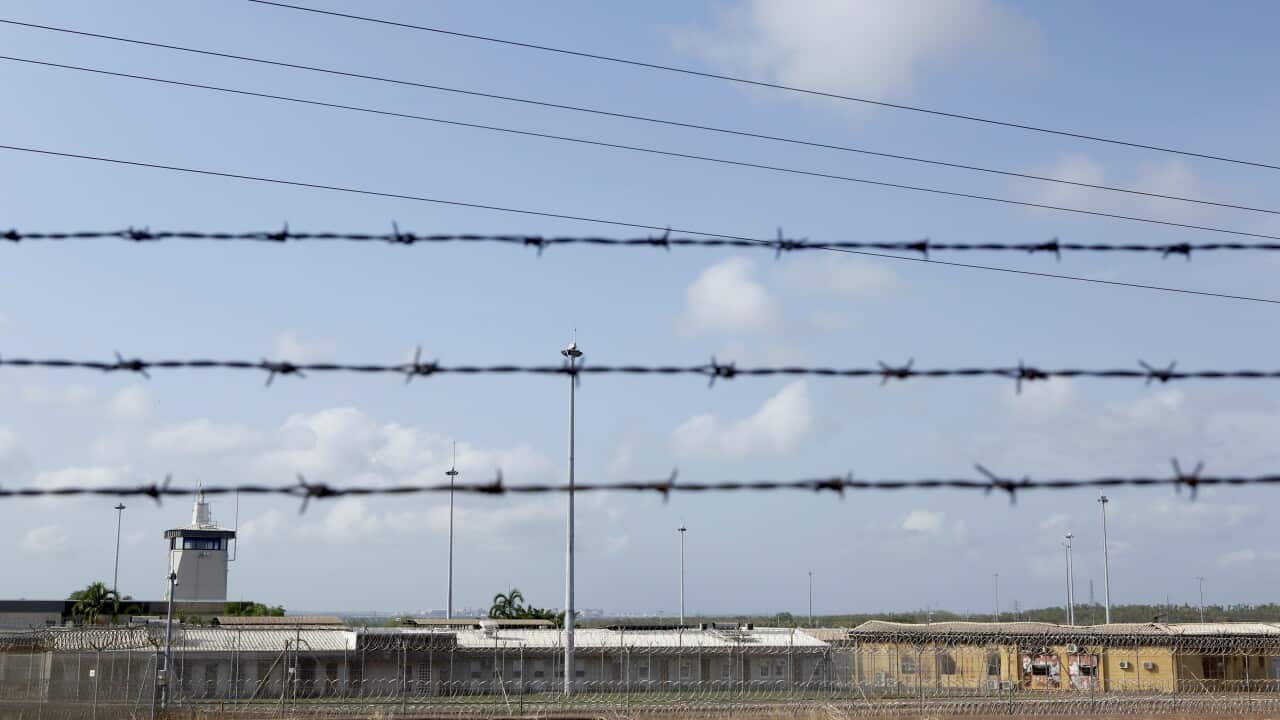Victorian Aboriginal legal and human rights advocates have condemned the Allan Government’s proposed Adult Time for Violent Crime Bill, warning it will see children as young as 14 locked up for life and treated as adults in the criminal justice system.
The Victorian Aboriginal Legal Service (VALS) and the Human Rights Law Centre (HRLC) have both labelled the reforms “inhumane” and “a moral failure,” arguing they will deepen inequality and disproportionately harm Aboriginal and Torres Strait Islander children.
Under the proposed legislation, children aged 14 to 17 convicted of offences such as aggravated burglary or aggravated carjacking could face life sentences - penalties currently reserved for adults convicted of murder.
The bill would also allow some children to be tried in the County Court rather than the Children’s Court, removing judicial specialists trained in child development.
Children deserve care, not cages
HRLC Associate Legal Director Monique Hurley said the reforms will condemn young people to “irreversible harm” rather than rehabilitation.
“Children deserve care, not cages and adult prison sentences,” Hurley said.
“Reckless laws like these do not make communities safer - they entrench inequality and rip children away from their families and communities.”
The HRLC said the laws breach Victoria’s own Charter of Human Rights and Responsibilities and international conventions requiring children to be treated in age-appropriate ways.
Punishing trauma is not the answer
VALS Chief Executive Nerita Waight said the new laws mark a “cruel and unforgiving” turn in Victorian justice policy, coming at a time when the state is also celebrating its first Treaty signing.
“Today as we are signing Victoria’s first Treaty, at the same time the Premier wants to sign kids’ lives away who make a mistake,” Waight said.
“Shame on this government, shame on the Premier and shame on this cabinet for allowing your leader to push this agenda on our kids.”
Waight said the reforms ignore the state’s duty to support vulnerable children - particularly those living in poverty, with disability, or who have been removed from family care.
“When a government cuts funding to housing, mental health, family violence and youth programs, the outcomes are inevitable,” she said.
“Punishing trauma is not the answer.”
A race to the bottom
VALS Chairperson Associate Professor Crystal McKinnon described the reforms as part of “a race to the bottom” on youth justice, mirroring Queensland’s controversial “adult time for adult crime” laws.
“We have had ample inquiries into youth justice and child protection to know that locking children up is not the answer,” McKinnon said.
The evidence is clear - these policies do not work.
VALS’ youth legal practice, Balit Ngulu, reports a 233 per cent increase in bail refusals for Aboriginal young people since 2024, following earlier reforms.
VALS says the new sentencing laws will only worsen these inequalities and drive more children into the prison system.
Calls for community-led solutions
VALS Principal Managing Lawyer Negar Panahi said the government should focus on prevention and early intervention.
“Our young people deserve leaders who make informed policy decisions - not dangerous laws that will see more young people lose their futures,” she said.
“Every child in youth justice will one day be released. The government should be investing in self-determined, trauma-informed services that help them heal and thrive.”
Both organisations are urging Premier Jacinta Allan to withdraw the Bill and instead invest in housing, education, and community-led diversion programs.
“It’s not too late for the government to reconsider its position,” VALS said.
“Work with us, the Koorie Youth Council and Aboriginal Justice Caucus to develop a fair, evidence-based approach.”
As debate over the Bill intensifies, legal experts warn that Victoria - once seen as a national leader in progressive justice reform - risks entrenching a punitive system that criminalises rather than cares for its most vulnerable children.

